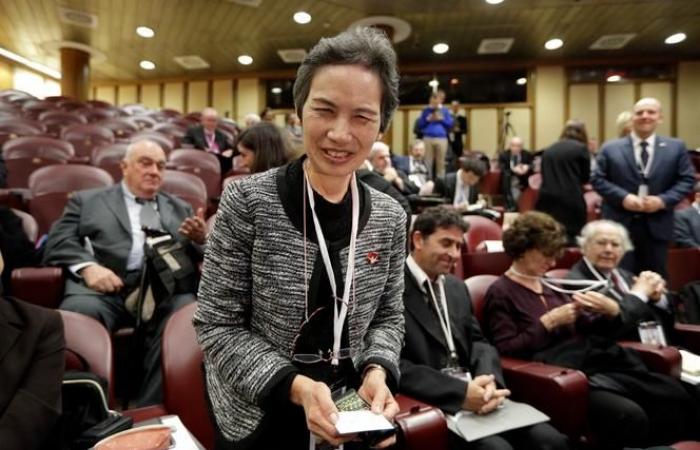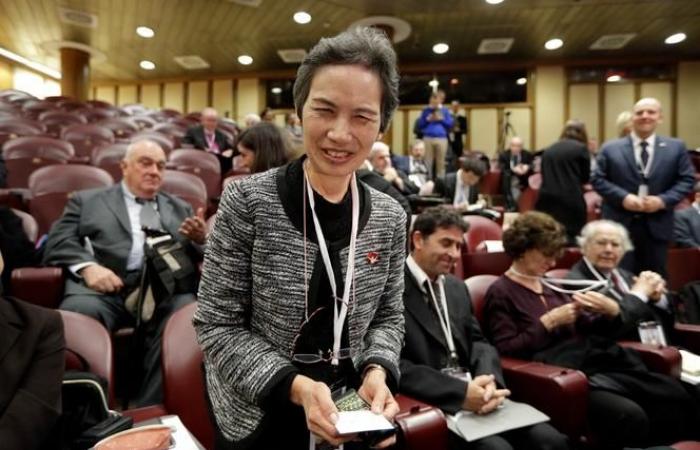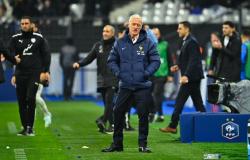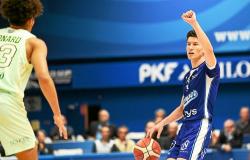The Japanese organization Nihon Hidankyo was named on Friday October 11 the recipient of the 2024 Nobel Peace Prize awarded to the Nobel Institute in Oslo. The movement, which brings together survivors of the nuclear bombs dropped by the United States on Hiroshima and Nagasaki in 1945, was rewarded for its actions aimed at bearing witness “because nuclear weapons must never be used again”. “It is very worrying that today the taboo on the use of nuclear weapons is under pressure”also writes the committee in the press release relaying the announcement.
The award was awarded in the context of a litany of crises: wars in Ukraine and the Middle East, famine in Sudan and even omnipresent climatic peril. According to the Uppsala Conflict Data Program, the planet will have 59 armed conflicts in 2023, almost double their number in 2009. While some experts see this as a reason not to award a peace prize this year as was done on 19 occasions in its history, the Norwegian Nobel committee considers that such a context on the contrary makes its attribution “perhaps more important than ever”.
“It’s hard to be optimistic when you look around the world today. The peace forces do not seem to be on the offensive »said the secretary of the Nobel committee, Olav Njølstad, before its award, to Agence France-Presse. “But (…) there are undeniably people and organizations doing excellent work”he stressed.
Last year, the recipient of the Nobel Peace Prize was Iranian activist Narges Mohammadi, imprisoned in her country for her fight against compulsory veiling for women and against the death penalty.
This year, the medicine prize was awarded to the Americans Victor Ambros and Gary Ruvkun for their discovery of microRNAs, a new class of tiny RNA molecule, the physics prize rewarded the British-Canadian Geoffrey Hinton and the American John Hopfield who, all while working on the“machine learning” crucial for the development of AI, are sounding the alarm that this technology could become uncontrollable, according to them.
The Nobel Prize in Chemistry was awarded to the American David Baker and to a duo formed by another American, John Jumper, and the British Demis Hassabis for having unlocked the secrets of proteins, relying on AI and computer science.
The only female and non-Western presence so far, the South Korean author Han Kang was awarded the Nobel Prize in Literature. As for the economics prize, added in 1969 to the original Nobels, it will close the ball on Monday October 14.







